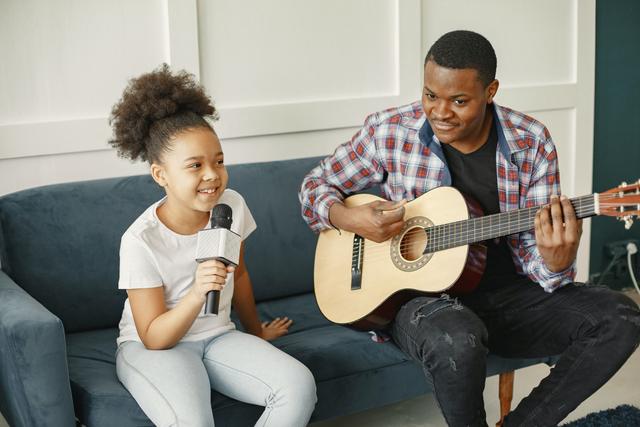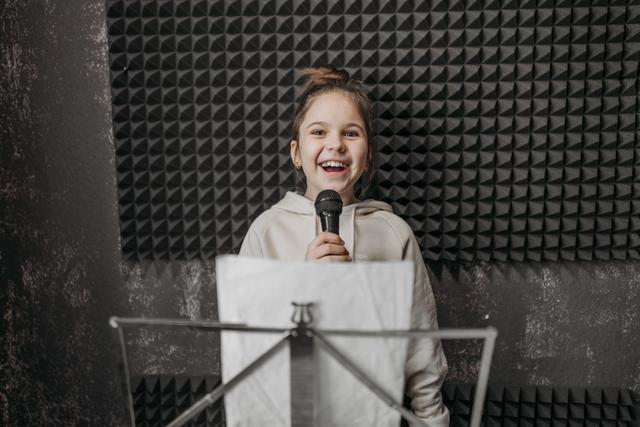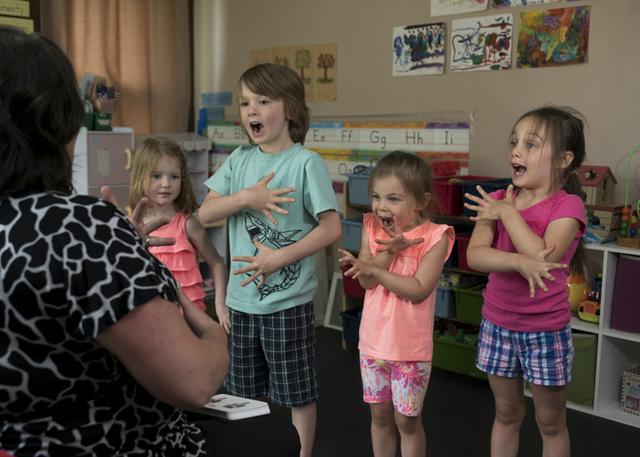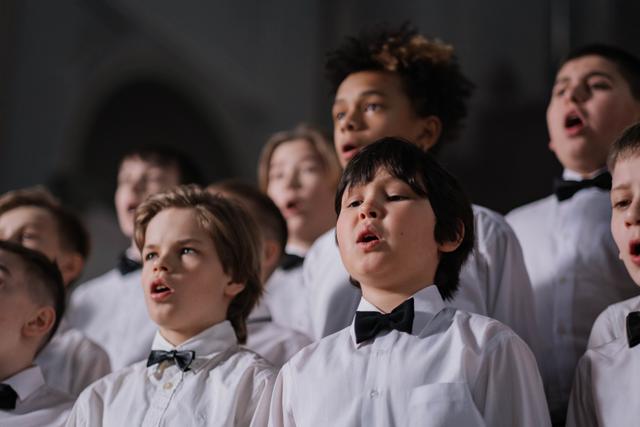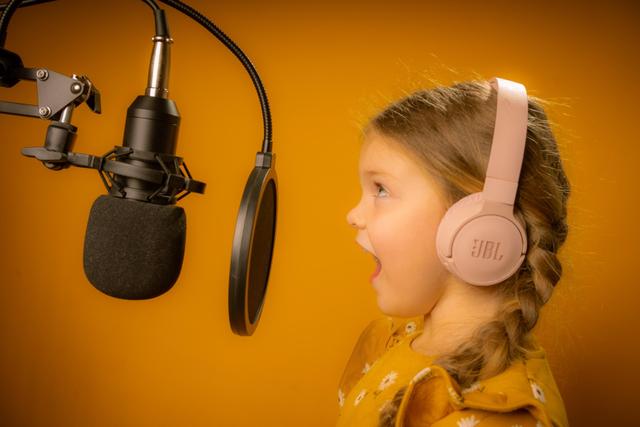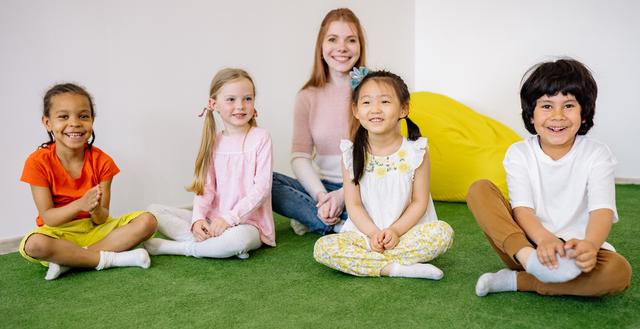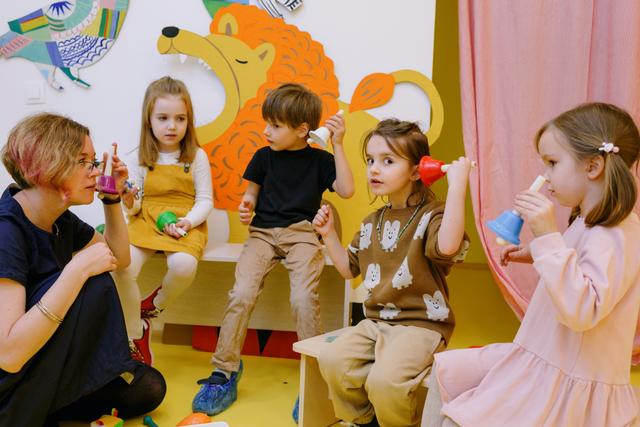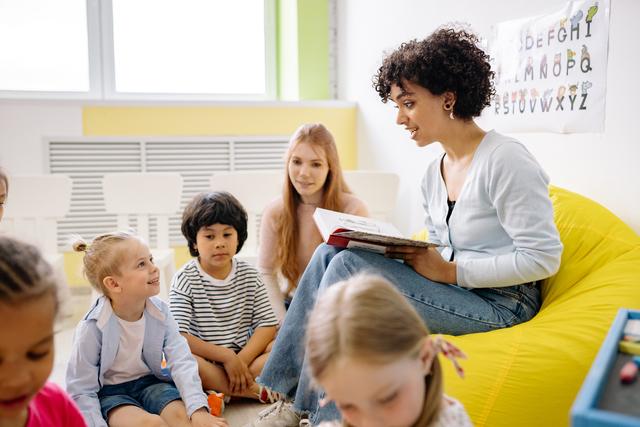Sing along Articles
Sing along For Kids In The UK
Singing along for kids in the UK is a communal and educational activity that allows children to enjoy and participate in music through vocal expression. The concept of children singing together in structured settings is deeply rooted in British cultural practices, with historic ties to early youth organisations such as the Boy Scouts and Girl Guides. These groups were instrumental in incorporating singing into their events and gatherings, which not only entertained but also educated the young participants.
The evolution of this activity took a significant turn during the mid-20th century. With the advent of children’s television programming, sing-along sessions became a staple of many children's shows, which helped popularise group singing activities among the younger population. This period also saw the emergence of dedicated music clubs and various children's groups that focused on singing, further establishing the sing-along culture among the youth.
One pivotal figure was Marion Ross, who founded the Marion Ross Sing-Along Club in the 1950s. The club played a crucial role by providing an engaging platform for children to learn and perform songs together. It eventually evolved into the Marion Ross Sing-Along Group, marking a significant development in the sing-along movement within the UK. This group laid groundwork for what would become a widespread acceptance of singing activities as a beneficial and enjoyable pastime for children.
Today, the UK boasts a broad network of sing-along groups, clubs, and classes designed specifically for the younger population. These sessions are usually hosted by schools, community centres, and private organisations all around the country. Each session offers a unique environment where children can explore their musical talents, socialise, and engage in a collective singing experience, making sing-along activities an enduring and cherished part of children's cultural education in the UK.
The Benefits of Sing along
Participating in sing-alongs offers several health benefits for children. Firstly, these activities enhance cognitive development as children learn to memorise lyrics and melodies, improving their language skills and memory. This engagement stimulates mental functions critical for academic success and personal growth.
Moreover, sing-alongs boost children's confidence. Performing in front of peers encourages them to step out of their comfort zones, fostering self-esteem and resilience. Such experiences prove invaluable as they grow, helping them face challenges with greater assurance.
Social skills are another significant benefit. Singing with others requires cooperation and promotes teamwork, essential skills in both educational and social settings. Children learn to express themselves and interact constructively with their peers, enhancing their social competence and emotional intelligence.
Additionally, sing-alongs serve as a stress relief method for children. The joyous nature of singing helps reduce anxiety and manages stress levels, offering a fun and effective way to unwind.
Lastly, the physical aspect of sing-alongs, especially with action songs, encourages physical activity among children. This not only improves their fitness but also their coordination and rhythm, contributing to a healthier lifestyle from a young age.
FAQs
1. What are the origins of sing-along activities for kids in the UK? Answer: Sing-along activities for kids in the UK have a rich history, tracing back to the late 1800s and early 1900s with the inception of organisations like the Boy Scouts and Girl Guides. The popularity of children's sing-along significantly grew in the 1950s and 1960s, thanks to children’s TV shows and music clubs designed for children’s participation in singing.
2. What are some key benefits of sing-along sessions for children? Answer: Sing-along sessions provide multiple benefits; they enhance cognitive development through improved language skills, memory, and concentration. Moreover, these activities boost children's confidence, enhance their social skills by promoting teamwork, help in stress reduction, and encourage physical activity through energetic songs.
3. Can sing-along activities impact children's social skills? How? Answer: Yes, sing-along activities are very beneficial for developing social skills as they involve group participation. These activities require cooperation, teamwork, and interaction, which help children in socialising and building better interpersonal skills.
4. Where can parents find sing-along groups or classes for children in the UK? Answer: Parents can look into schools, community centres, or libraries to find sing-along groups or classes. These sources often have information on local music activities. Additionally, online resources and organisations such as the National Association of Teachers of Singing (NATS) or the Music Education Council (MEC) can provide recommendations.
5. Are there notable figures or milestones in the UK's sing-along history for children? Answer: A prominent figure in the UK’s sing-along history is Marion Ross, who founded the Marion Ross Sing-Along Club in the 1950s. This club, known later as the Marion Ross Sing-Along Group, marked a significant milestone as it became a popular spot for children to learn and perform songs, reflecting the growing movement for children’s music participation during that period.
